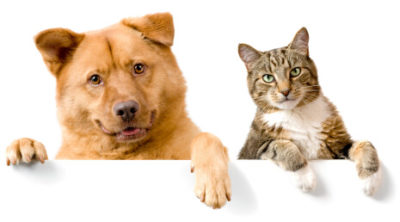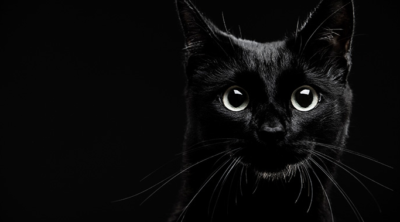
Appropriate feeding is very important for your cat’s health. In this CatAppy article, we will provide some information on cat nutrition, which will help you keep your pet healthy.
If you have a cuddly cat at your home, then you need to take extra care of its health and nutrition. The health of a cat―to a large extent―depends on what you feed it. Your cat will be healthy, if it eats healthy. Hence, you should never take the nutrition aspect lightly.
Cats are carnivorous and hence, their diet must contain animal tissue for their long-term wellbeing. They are hunters and if left on their own, they survive on small animals, such as rats and mice. A cat gets proteins from the muscles, and vitamins and minerals from the viscera and bones of its prey.
You need to provide your pet cat proteins, fats, vitamins, minerals, and water through its diet. These nutrients are essential for their healthy growth, reproduction, and other life processes. Additionally, cats need two essential amino acids, arginine and taurine. Arginine deficiency develops toxicosis in cats, while taurine deficiency leads to heart disease, reproductive system problems, and blindness.
Essential Nutritional Supplements for Cats
Vitamins (such as vitamin A, vitamin C, and Niacin), amino acids (such as taurine and arginine), dietary proteins, and arachidonic acid are essential for their good health. Usually, cats need a diet that is rich in proteins and fats, and poor in carbohydrates. They require a large amount of proteins as a source of energy, and also for optimal growth and muscle tissue repair. A healthy adult cat’s diet should contain about 30 – 45% of proteins on a dry-matter basis. Kittens, on the contrary, need even more protein. As they grow, their protein requirement reduces.
At the same time, the adult cat’s diet should consist of about 10 – 30% of fats. Water is the most important component needed for normal functioning of living cells in all animals; cats are no exception. Water helps them regulate their body temperature, helps digest food, cushions joints and internal organs, lubricates tissue, eliminates waste, and facilitates the transfer of salt and other electrolytes throughout the body.
Types of Cat Foods
In a broad sense, cat foods are grouped into three different types: dry diets, soft-moist diets, and canned products. These foods are formulated to provide a balanced and complete nutrition to your cat. Dry diets contain crunchy kibbles, which help decrease the accumulation of tarter and plaque on the cat’s teeth. Another advantage of dry food is that it stays fresh for a longer time. Soft-moist diets offer more palatability to the cat. They are easy to store and serve. Canned food offers the highest palatability and hence, it can be a good choice for your cat. A home-cooked diet is also a good option. While preparing cat food on your own, you need to keep in mind that it should contain all the essential nutrients.
Specific Dietary Needs
If your cat is suffering from any kind of disease, then you need to make some changes to its diet. Cats suffering from colitis, diabetes mellitus, anal gland diseases, or constipation will benefit from high-fiber diet. Those with colitis and inflammatory bowel disease benefit from diets containing highly digestible sources of fats, proteins, and carbohydrates. There are special diets that contain reduced amounts of sodium and increased quantity of taurine.
Cats with chronic kidney failure should be given food containing highly digestible proteins. If your cat is suffering from dental problem, it may experience pain while eating hard food. Hence, it should be fed canned food. Cats having cancer need special diet, which is rich in beta-carotene and omega-3 fatty acids.
Proper nutrition is a key factor when it comes to your cat’s health. It’s a unique way of ensuring healthy growth, free from various ailments.


